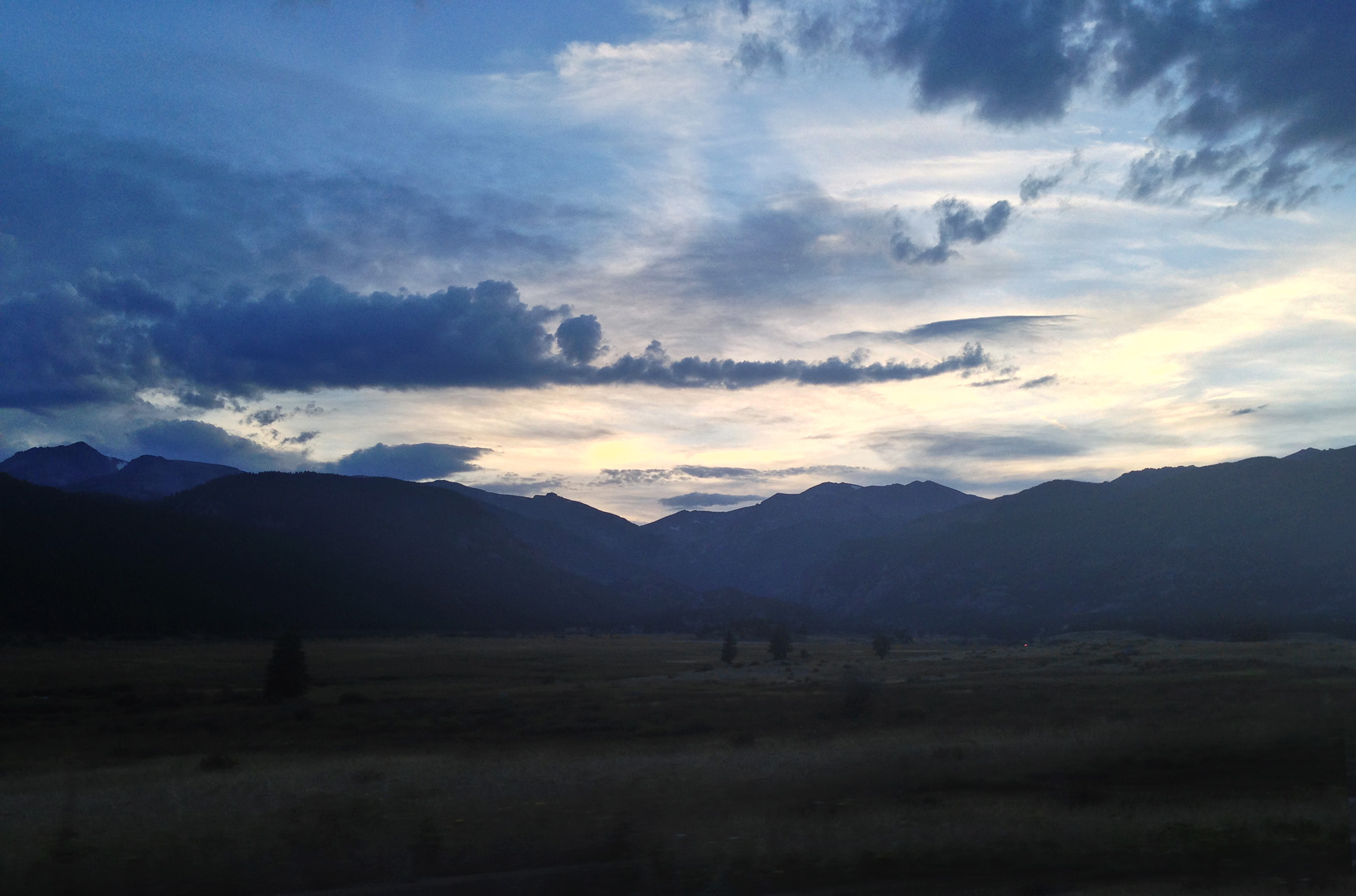What is Wilderness?
“While we are able to do so, let us note the distinction. A park is a managerial unit definable in quantitative and pragmatic terms. Wilderness is unquantifiable. Its boundaries are vague or nonexistent, its contents unknown, its inhabitants elusive. The purpose of parks is use; the earmark of wilderness is mystery. Because they serve technology, parks tend toward the predictable and static, but wilderness is infinitely burgeoning and changing because it is the matrix of life itself. When we create parks we bow to increased bureaucracy and surveillance, but when we speak for wilderness we recognize our right to fewer strictures and greater freedom. Regulated and crowded, parks will eventually fragment us, as they fragment the wilderness which makes us whole.”
– Wayland Drew
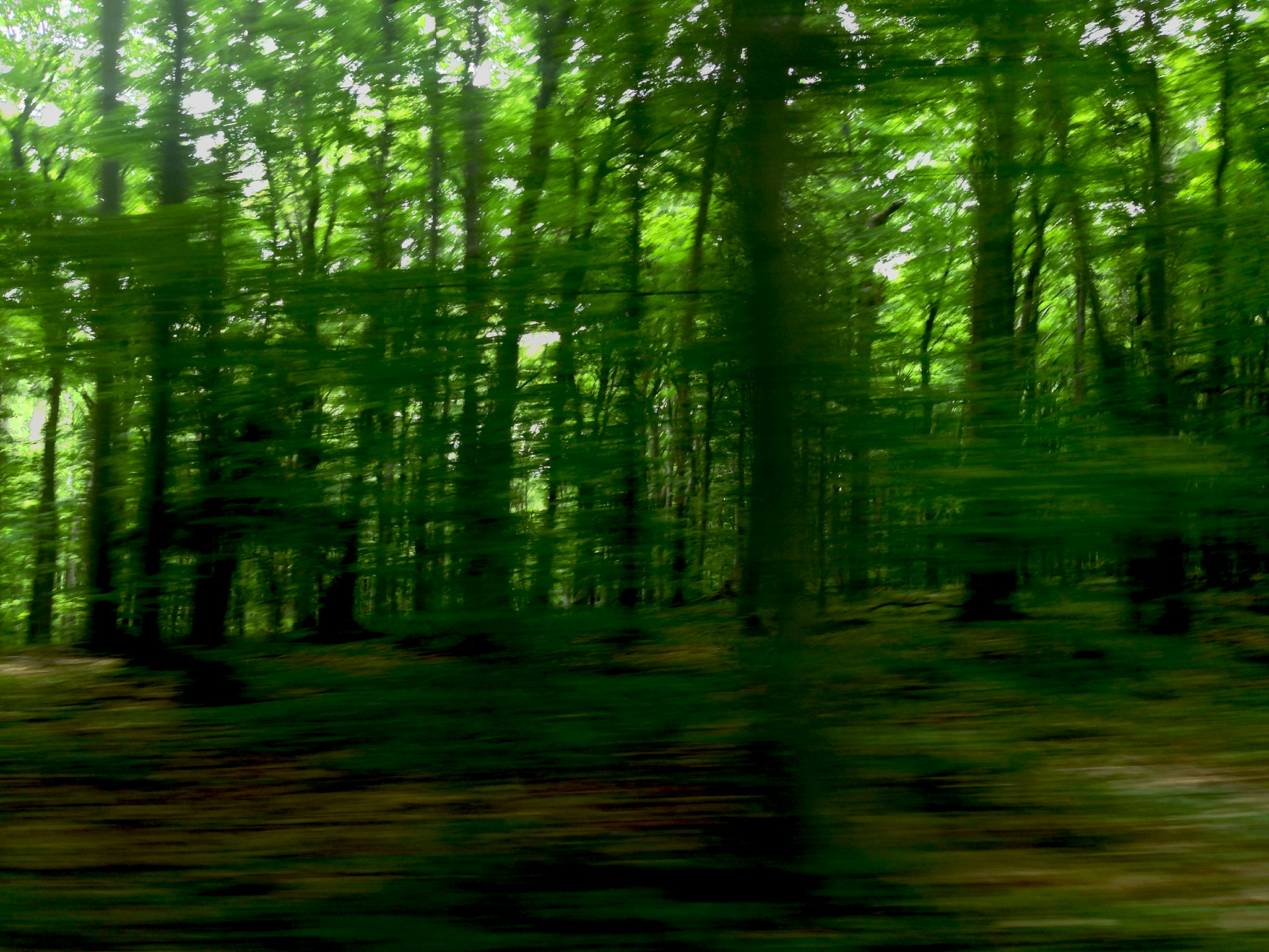
The word “wilderness” is likely to evoke about a million different thoughts and images. Everyone’s got a slightly different version, either experienced first-hand, or dreamed up in some corner of their imagination. I don’t know if I’ve ever experienced true wilderness, the kind of wild space that makes you forget there’s an alternative. At this point it feels almost impossible, a living environment that’s unknowable and borderless, one that edges on dangerous, or that we haven’t even touched or taken it upon ourselves to maintain.
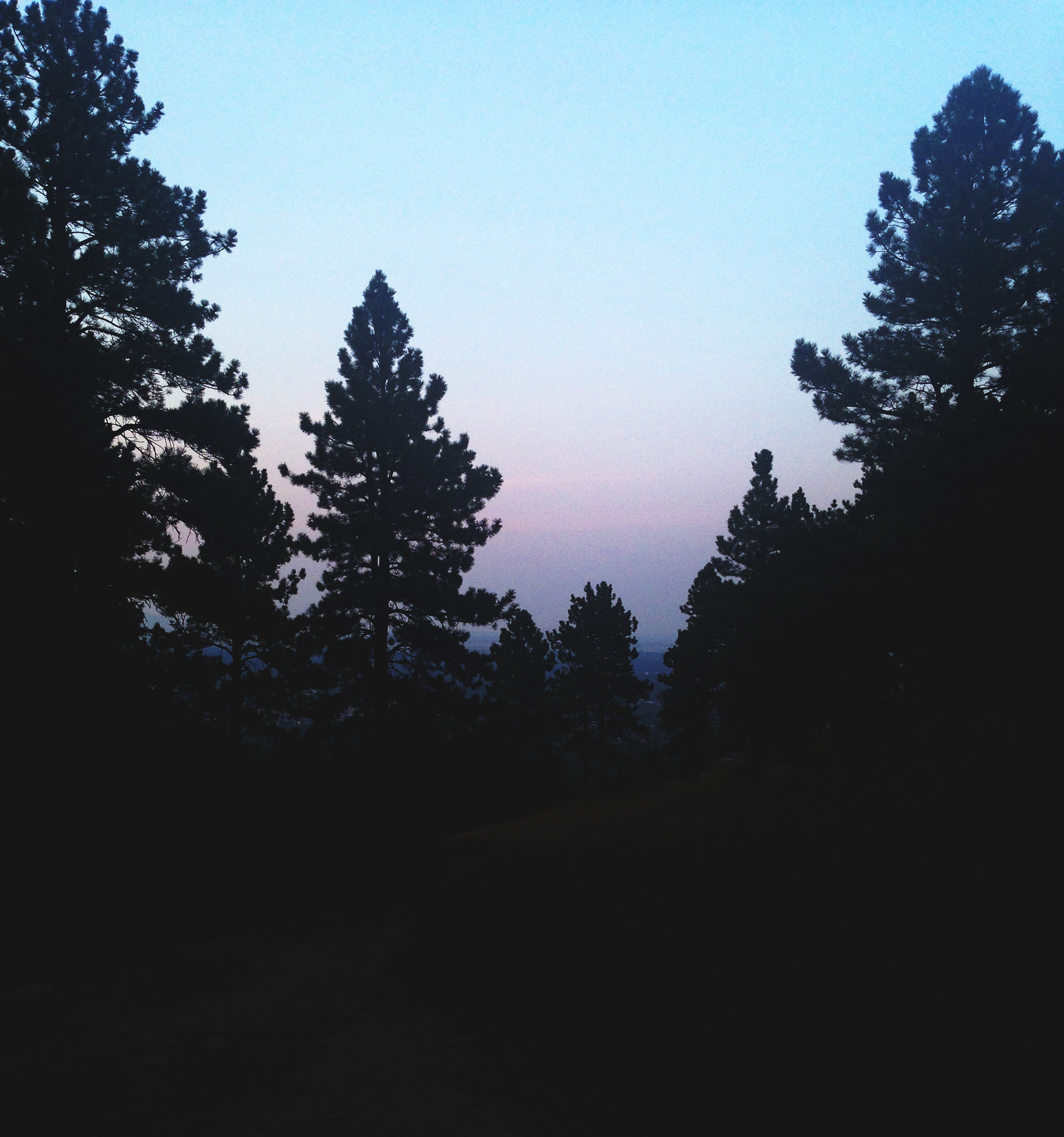
Wilderness has become a popular word lately. It features in many trending hashtags and hangs on the pages of blog posts and well designed quarterly magazines. It pops up in print and digital advertisements and beckons from within high budget SUV and credit card commercials. It’s a bit of everywhere, but it’s still something very few of us experience. The mystery and inaccessibility may hold our imagination, and we may be inspired to hike out in search of our own brush with wilderness, but where are we actually going when we head into the wild?

In the United States, 80% of us live in urban environments. That’s a huge number of people who likely have more experiences with the outdoors via Google Image Search than they do in real life. We’re deeply separated from nature, both physically and psychologically. The distance grows greater every day as cities expand up and out. Everyday, concrete and steel facades reach higher heights and spread farther into formerly natural areas. We’re constantly encroaching on and compromising spaces that are necessary for plant and animal populations, and are therefore systematically reducing the portion of Earth that is truly “wild.” To bridge the gap, technology has advanced to allow us to take virtual tours of national parks and nature preserves. The distance between us and a backcountry hike is equal to the amount of time it takes us to search a tag on Instagram.
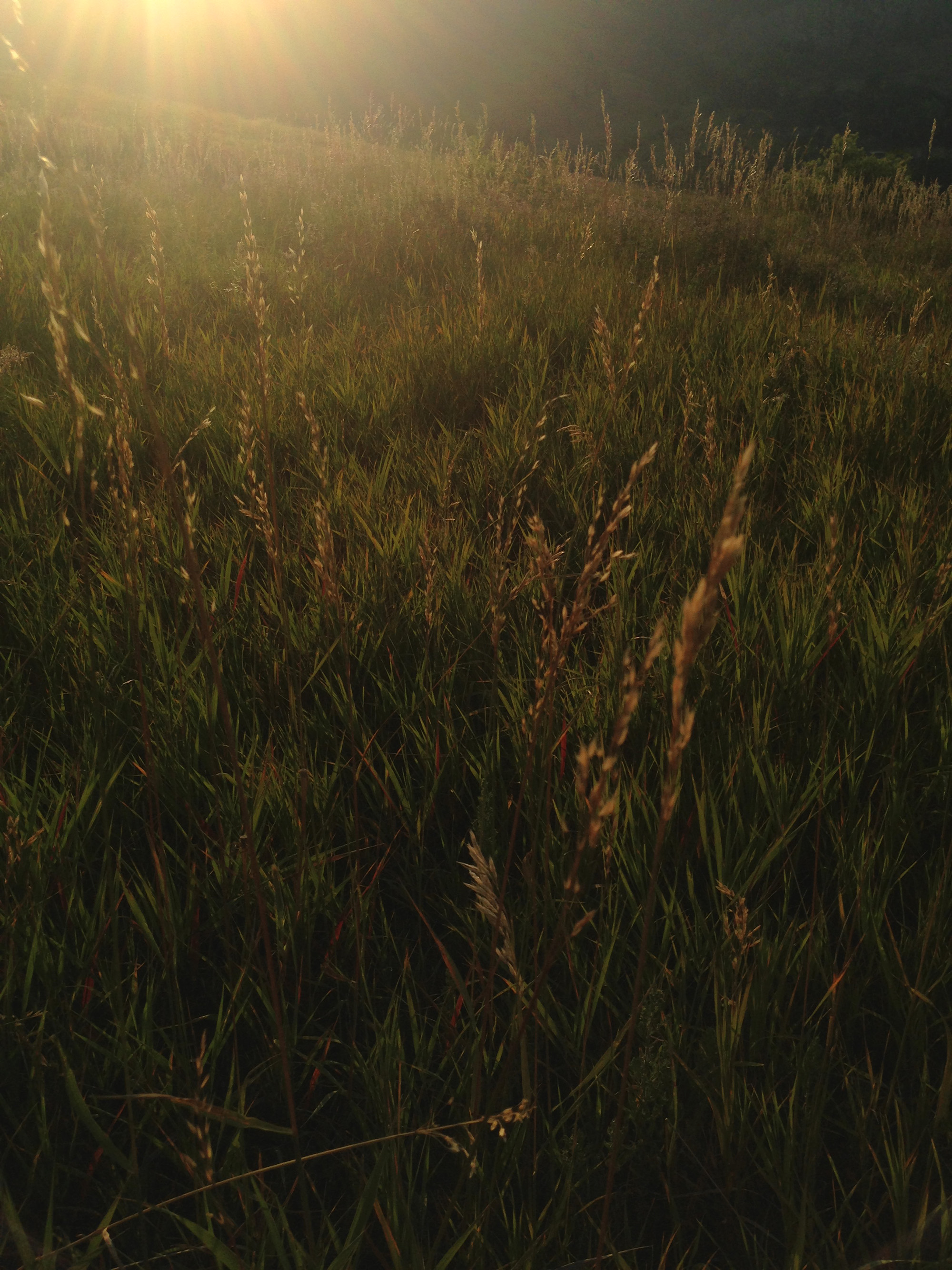
But we all know the digital experience isn’t enough. Looking at a photograph of a mountainside at dusk — no matter how beautiful or perfectly composed — doesn’t even come close to standing there in real time, inhaling the scent of junegrass and listening to the buzz and chatter of the creatures around you. So we seek out the wilderness. We seek to immerse ourselves in it. Millions of us, and more every year, drive, fly, hike, ski, and climb to the places we picture when we close our eyes and imagine “quiet.”
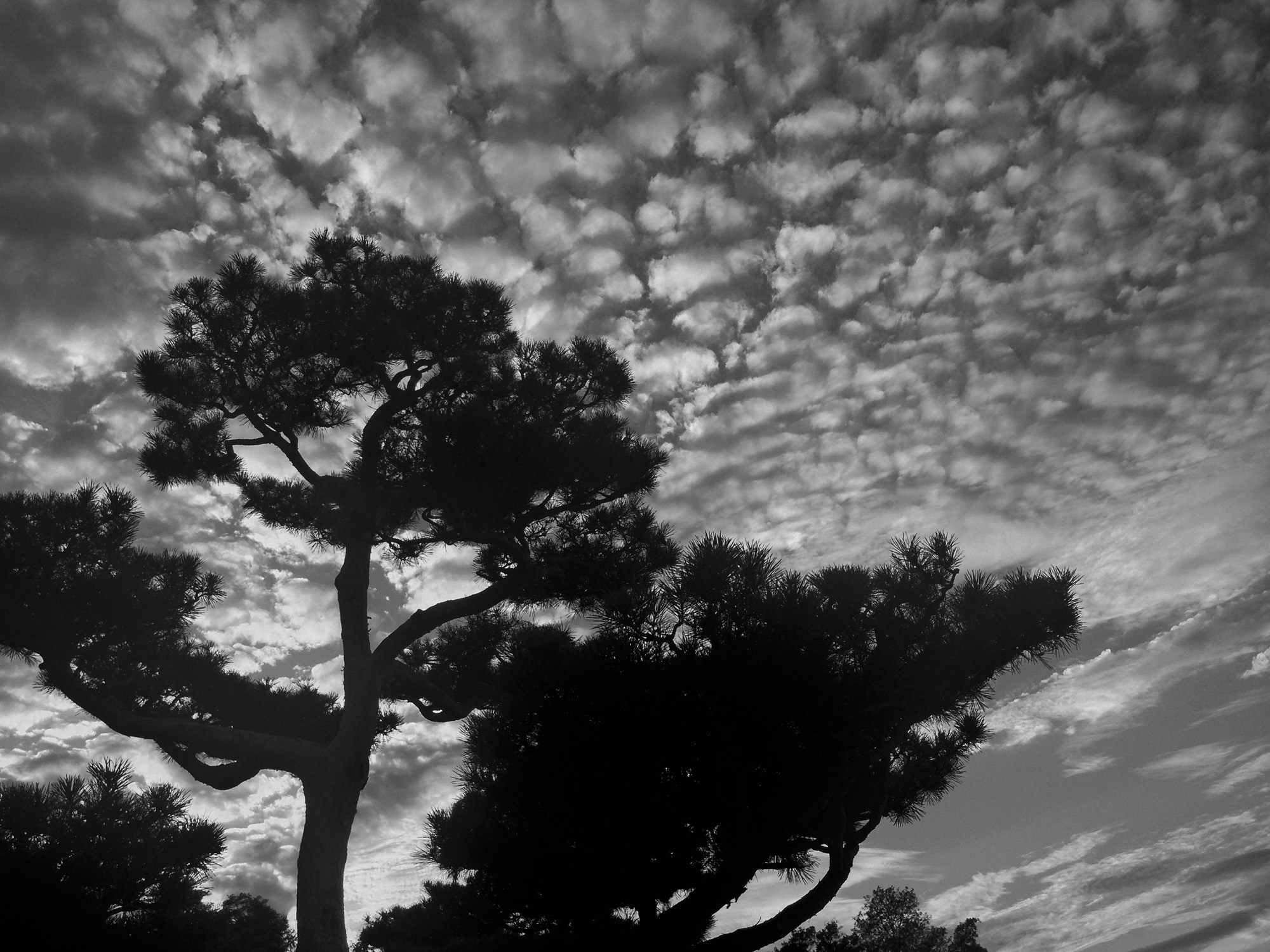
Maybe true wilderness doesn’t exist anymore; the kind that’s dark and deep and lonely and frightening because you don’t know if you’ll make it back and even more so because you don’t know who you’ll be once you get there. Or maybe wilderness is whatever place that brings us closest to that type of experience. Maybe it’s the place where we have enough space and time to ourselves that we can look both outward and inward with equal amounts of terror and courage.
It seems that wilderness isn’t a specific number of feet away from the trail, or a quota on the number of other people who have accessed a protected area. Wilderness is what you make it. It’s somewhere distant and remote, and it can also be the local park down the street. It’s somewhere that expands your understanding of nature and your place in it. It’s somewhere that makes you question yourself. It’s somewhere that makes you whole.
